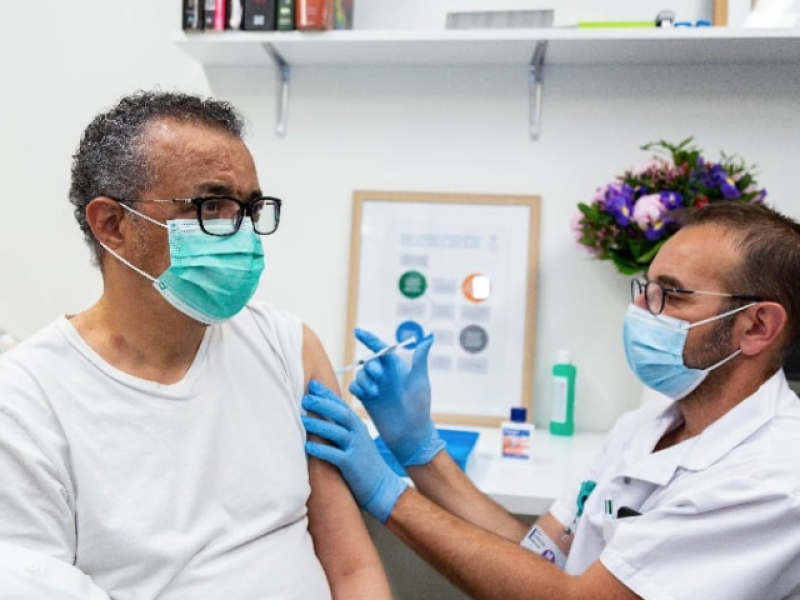
A new analysis of the data found in the VAERS database concludes that many health problems are likely caused by the COVID vaccines.
A myriad of health problems reported by people after they received their COVID vaccines are more likely to be caused by the jabs than just coincidental, an analysis of data from the Vaccine Adverse Event Reporting System (VAERS) revealed. After the mass distribution of COVID vaccines, VAERS had received more than a million reports of post-jab health problems.
According to The Epoch Times, more than 21,000 reports of death have been recorded since the introduction of COVID vaccines in late 2020. Meanwhile, health experts and public officials downplayed these reports, claiming there was no proof of causality, meaning that just because the post-jab health problems occurred, it did not mean that the COVID vaccines cause them.
But an analysis of the data found in VAERS showed that many of the adverse effects are more than just a coincidence, computational biologist Jessica Rose argued. Rose has been studying the VAERS data for at least nine months and reported, "The safety signals being thrown off in VAERS now are off the charts across the board."
To determine if there is a causal link between an adverse event and the COVID vaccines, the data from VAERS must be parsed. Rose analyzed the data and determiend that since the COVID vaccines usually come in two doses, a random adverse event unrelated to the shots should be dose agnostic, which means that a stroke randomly coinciding with a vaccination should not be picky about which dose it was.
However, in the VAERS data, a number of reported post-jab health problems are dose-dependent. For example, myocarditis in teenagers is reported several times more than after the second dose of the COVID vaccine than the first one. Contrastingly, the frequency of myocarditis is significantly lower following a booster shot than after the first dose, Rose reported. Health authorities have recognized that COVID vaccines are associated with an increased risk for myocarditis, especially in young boys, but that the risk is low.
But dose-dependency appears in the VAERS data for other post-jab health problems too, such as fainting and dizziness, which are more common following the first dose of the COVID vaccines. Rose reported that while statistical analysis could seldom provide definitive answers, there may be an unknown factor that drives more reports of unrelated post-jab health problems following a first or second dose. However, she believes that data does not lean towards that conclusion.
According to previous research, most of VAERS reports are filed by medical staff, who must not fail to report adverse events based on the dose being administered. Rose said however that it is more likely that if recipients of the COVID vaccines suffer post-jab health problems from a novel substance, and if the problems "substantially change" between doses, it is more likely that the substance had caused the health problems.
"In lieu of being able to explain this happening for any other reason, it satisfies the dose-response point quite well, in my opinion," Rose said in talking about the myocarditis results. Rose arrived at her conclusion after evaluating the VAERS data from the perspective of the Bradford Hill criteria, which is a set of nine questions used by epidemiologists to determine if a factor is likely causing a health effect.
The U.S. Food and Drug Administration this week said in a briefing document that the composition of current COVID vaccines may need to be updated to ensure high levels of protection, CNBC reported. FDA's committee of vaccine experts are set to meet on Wednesday to determine how to go about changing the current shots if needed.
























